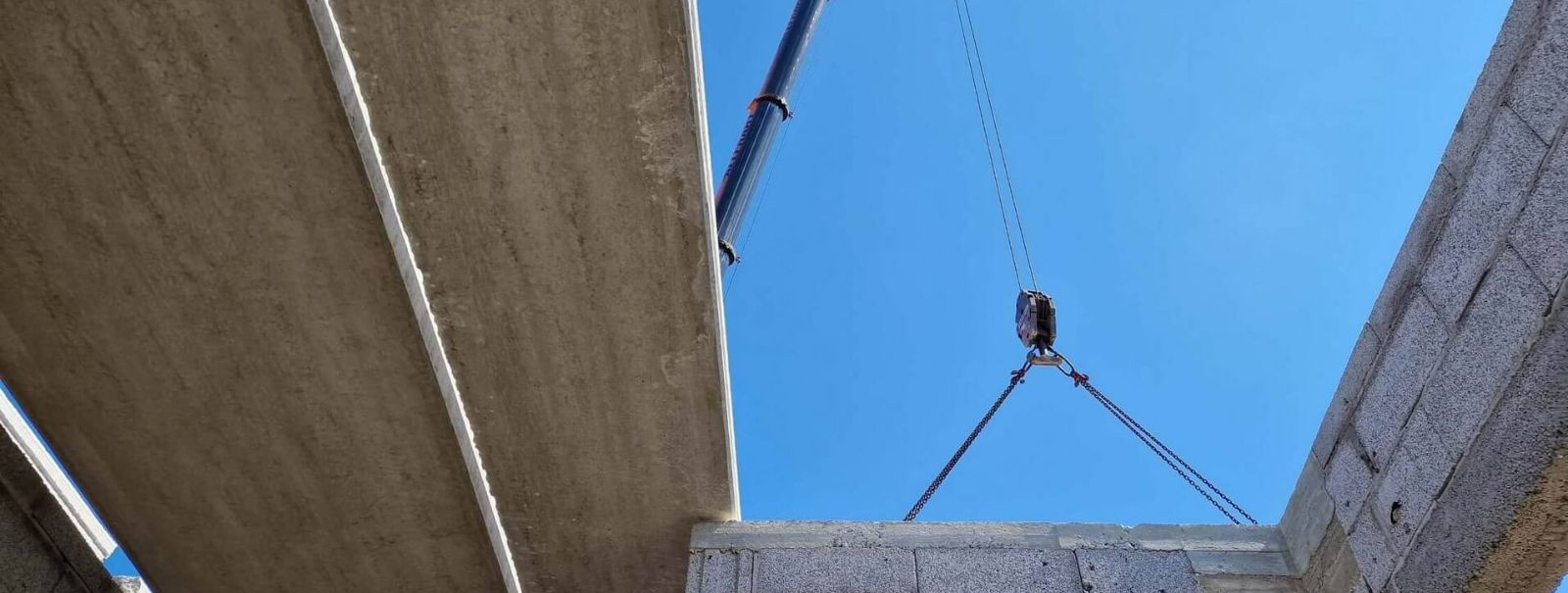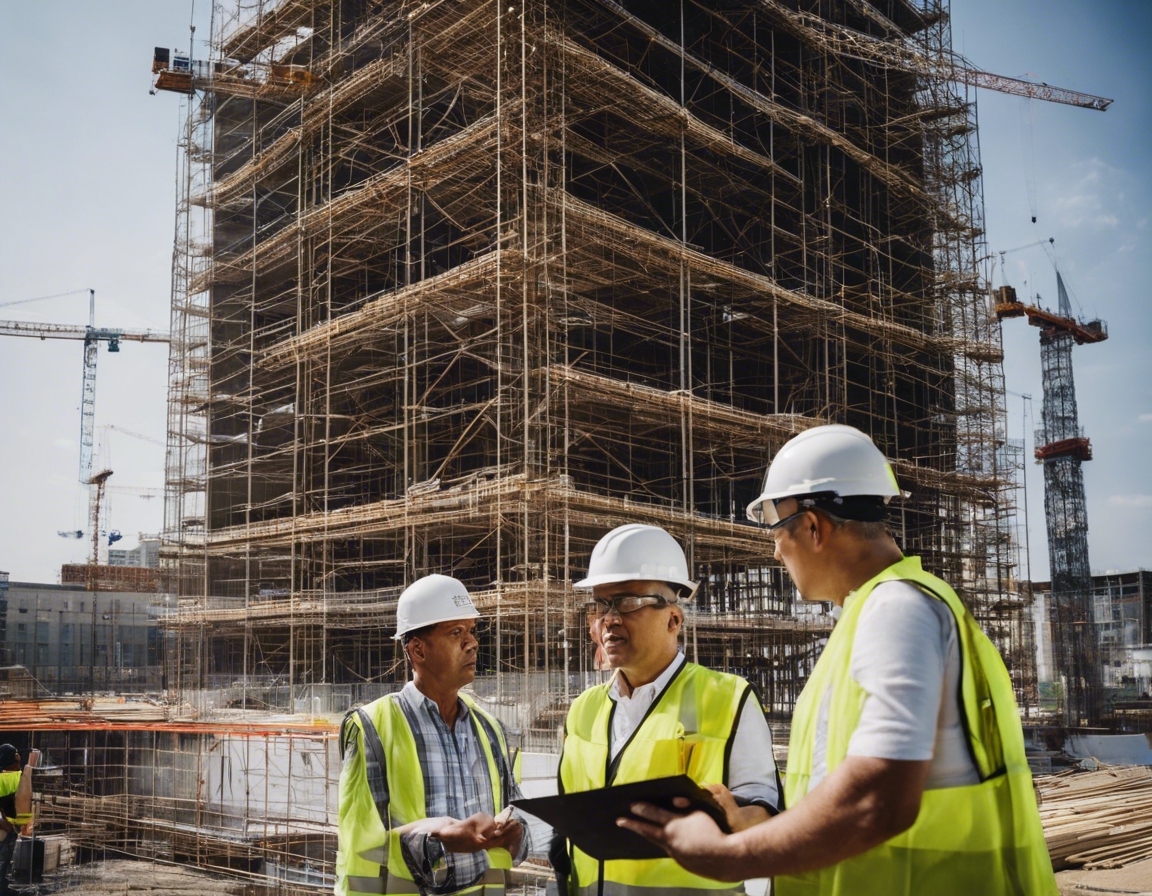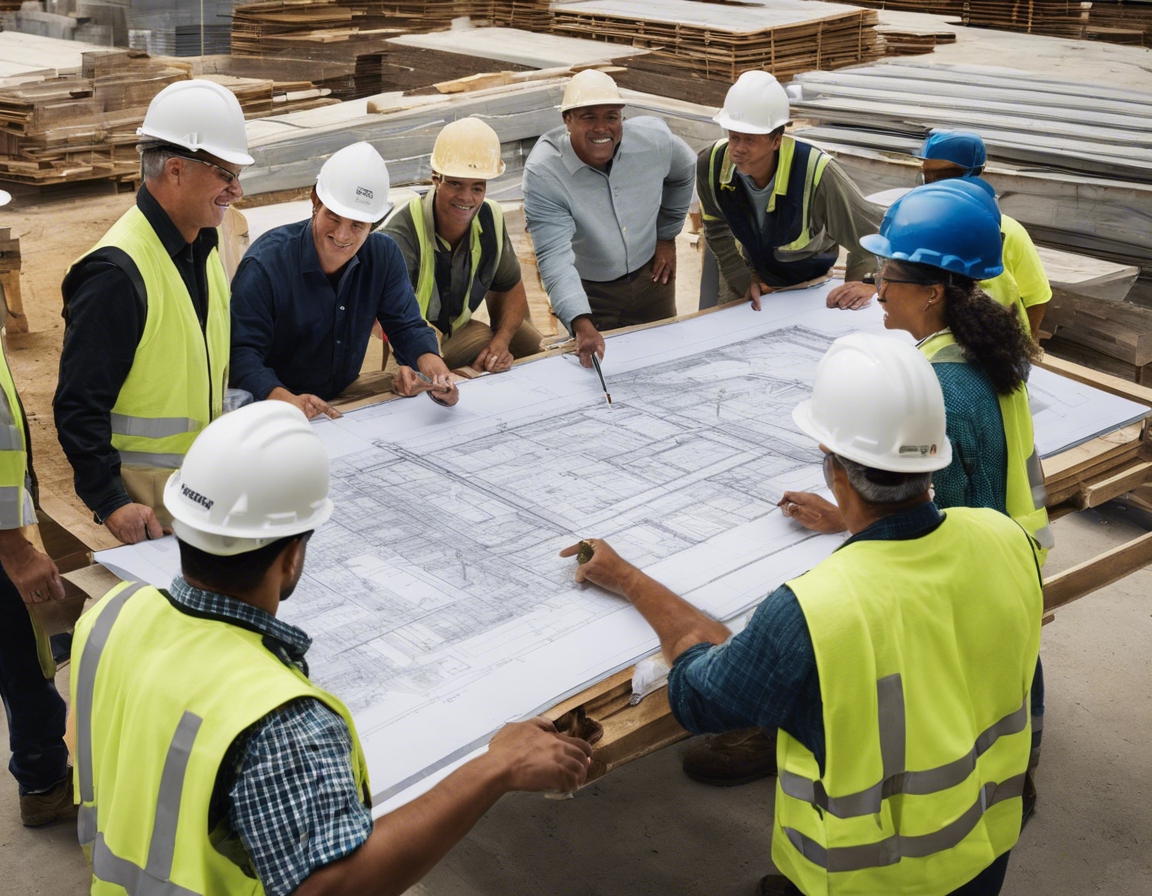How to choose the right main contractor for your project
A main contractor is a pivotal figure in any construction project, responsible for overseeing the entire construction process from start to finish. They coordinate various subcontractors, manage resources, and ensure that the project adheres to the agreed timeline and budget. Their responsibilities include procurement of materials, compliance with safety regulations, and quality assurance.
The main contractor plays a crucial role in ensuring the successful completion of a construction project. They act as the central point of contact, facilitating communication between all parties involved, including architects, engineers, and clients. Their expertise and management skills are vital in navigating the complexities of construction projects, minimizing risks, and delivering a high-quality outcome.
2. Identifying Your Project Needs
Before selecting a main contractor, it is essential to clearly define the scope and complexity of your project. Consider the size, type, and specific requirements of the construction work. This will help you identify contractors with the appropriate expertise and resources to handle your project effectively.
Establishing a realistic budget is a critical step in the planning process. Determine how much you are willing to invest in the project and ensure that potential contractors can work within these financial constraints. A transparent discussion about costs will help prevent unexpected expenses and ensure financial stability throughout the project.
Time is often a crucial factor in construction projects. Define your desired timeline and any specific deadlines that must be met. This will help you assess whether a contractor can accommodate your schedule and deliver the project on time.
3. Researching Potential Contractors
Conduct thorough research to verify the credentials and experience of potential contractors. Look for licenses, certifications, and memberships in professional organizations that demonstrate their commitment to industry standards and best practices.
Reviewing a contractor's portfolio of past projects can provide valuable insights into their capabilities and quality of work. Request references from previous clients to gain firsthand feedback on their performance, reliability, and professionalism.
Financial stability is a key consideration when choosing a main contractor. Ensure that the contractor has the financial resources to complete your project without interruptions. This can be assessed by reviewing their financial statements and credit history.
4. Evaluating Contractor Proposals
Obtain detailed proposals from multiple contractors and compare their quotes and services. Look beyond the price and consider the value offered, including the quality of materials, project management approach, and additional services provided.
Carefully review the terms and conditions outlined in the contract. Ensure that all aspects of the project, including timelines, payment schedules, and responsibilities, are clearly defined. Seek legal advice if necessary to fully understand the implications of the contract.
Negotiation is an important part of the contractor selection process. Discuss any concerns or adjustments you may have with the contractor to reach a mutually beneficial agreement. A fair and transparent negotiation will set the foundation for a successful partnership.
5. Ensuring Effective Communication
Effective communication is essential for the smooth execution of a construction project. Establish clear communication channels with your contractor to facilitate regular updates, address concerns, and make informed decisions throughout the project.
Set clear expectations regarding project milestones, deliverables, and reporting requirements. Regular progress reports and meetings will help keep the project on track and ensure that any issues are promptly addressed.
6. Prioritizing Quality and Safety
Compliance with local building codes and regulations is non-negotiable. Ensure that your contractor is knowledgeable about the relevant laws and has a track record of adhering to them. This will help avoid legal complications and ensure the safety of the construction site.
Quality control is a critical aspect of any construction project. Work with your contractor to establish quality control measures that ensure the highest standards are maintained throughout the construction process. Regular inspections and testing will help identify and rectify any issues promptly.
7. Building a Strong Working Relationship
A successful construction project relies on a strong working relationship between the client and the contractor. Foster trust and collaboration by maintaining open communication, respecting each other's expertise, and working towards common goals.
Conflicts and issues may arise during the course of a project. Address them promptly and constructively to prevent them from escalating. A proactive approach to problem-solving will help maintain a positive working environment and ensure the project's success.






Comments (0)